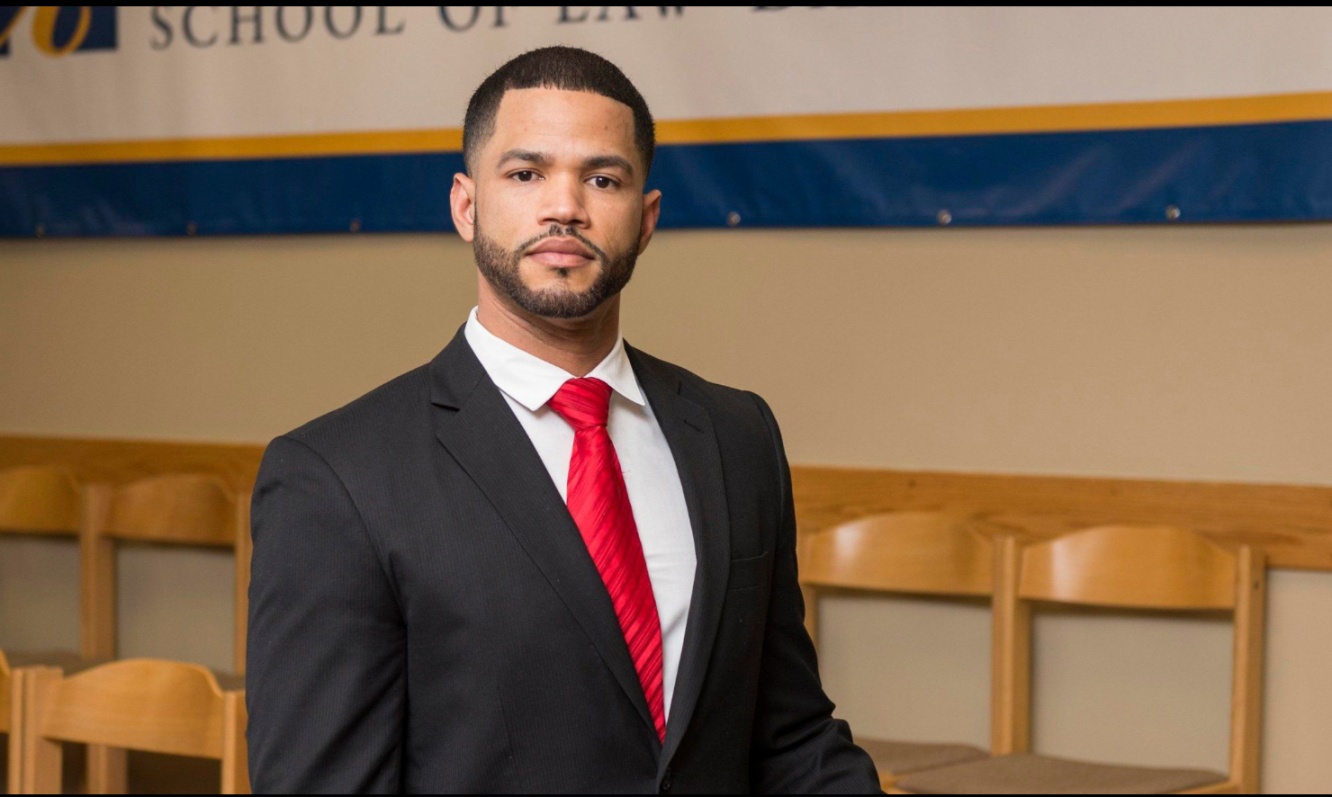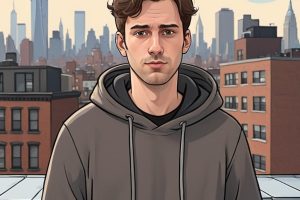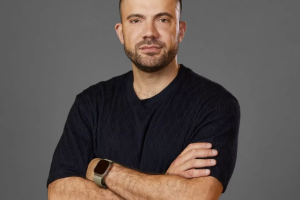
Attorney Aneudy Neo Gonzalez, Esq. has lived a life at the crossroads of law, healthcare, and humanity. He has spent the last twenty years in healthcare leadership, and the past decade in legal practice. Seeing first hand how our regulatory system works, for better or worse, Aneudy Neo Gonzalez, Esq. also has witnessed acts of extraordinary empathy and collaboration. In an effort to help families make sense of systems and reconnect dignity with caregiving, he has published The Caregiver’s Guide: Navigating Adult Foster Care and Family Support in Massachusetts.
Aneudy Neo Gonzalez discusses the influences on his life and work, his approach to leadership, and the need for empathy in all professions that serve people.
What inspired you to write The Caregiver’s Guide, and how did your dual background in law and healthcare shape the book?
I was inspired after seeing how many families struggled to understand their options when caring for a loved one. My years in healthcare showed me how complex systems can become barriers instead of support, and my legal background gave me the tools to simplify those systems. The book bridges those two worlds – translating regulations into real-life guidance. I wanted caregivers to feel informed, empowered, and seen.
What are the biggest challenges families face when navigating adult foster care in Massachusetts?
The biggest challenge is understanding eligibility and how different programs interact. Many families don’t know where to begin or who to ask for help, which leads to frustration and missed opportunities. Education and communication are key to turning confusion into confidence.
You often say “good law and good care go hand in hand.” How has that belief guided your approach to both legal practice and advocacy?
That belief is at the core of everything I do. I see the law as a framework that should serve people, not complicate their lives. Whether writing a policy or advising a client, I always ask how the outcome will impact the person receiving care. Justice happens when systems protect dignity as much as they ensure compliance.
What lessons from your healthcare career continue to shape your legal work today?
Healthcare taught me patience, humility, and the importance of listening. Behind every case is a person with a story and a struggle. Compassion doesn’t weaken professionalism; it strengthens it. Those lessons shape how I interpret and communicate the law every day.
How do you make legal and policy language more accessible to families?
I strip away jargon and focus on what people really need to know. My goal is to teach, not lecture. I use plain language and relatable examples to make information clear. When people feel informed, they’re empowered to advocate for themselves.
What role do empathy and cultural awareness play in effective leadership?
They’re essential to trust, which is the foundation of any relationship in healthcare or law. Leaders who understand diverse experiences make fairer decisions. Empathy reminds us that every challenge is personal, and solutions should reflect that.
What defines an ethical organization?
Integrity. Doing the right thing even when no one’s watching. Ethics must be part of culture, not a checklist. Transparency builds trust, and when leaders model ethics, it spreads naturally through the organization.
How do you mentor young professionals who want to lead with compassion and integrity?
I tell them to start with purpose – to know why they chose this path. Competence and compassion aren’t opposites. I share real experiences where integrity shaped the outcome. Mentorship should build confidence rooted in character.
What changes do you hope to see in the next decade at the intersection of law, healthcare, and caregiving?
I hope to see greater collaboration across systems so families don’t face this maze alone. Technology can simplify processes, but empathy must stay at the center. Caregivers should be recognized as partners in care, not just support staff.
A Vision Grounded in Humanity (editor thoughts)
Aneudy Neo Gonzalez’s work reminds us that systems can only serve people when built with empathy and clarity. Whether through policy, advocacy, or mentorship, his message is consistent – the law isn’t just about compliance, it’s about care. By uniting ethics and empathy, Aneudy Neo Gonzalez, Esq. is helping to shape a more transparent, compassionate future for caregivers and the communities they support.
John Davis is a seasoned health journalist with expertise in public health and medical research. Holding a degree in health sciences, John excels in making complex health topics understandable and engaging for his readers. His articles, featured in top health publications, cover everything from cutting-edge treatments to public health policies. Outside of journalism, John is an advocate for health education and frequently speaks at community events.





